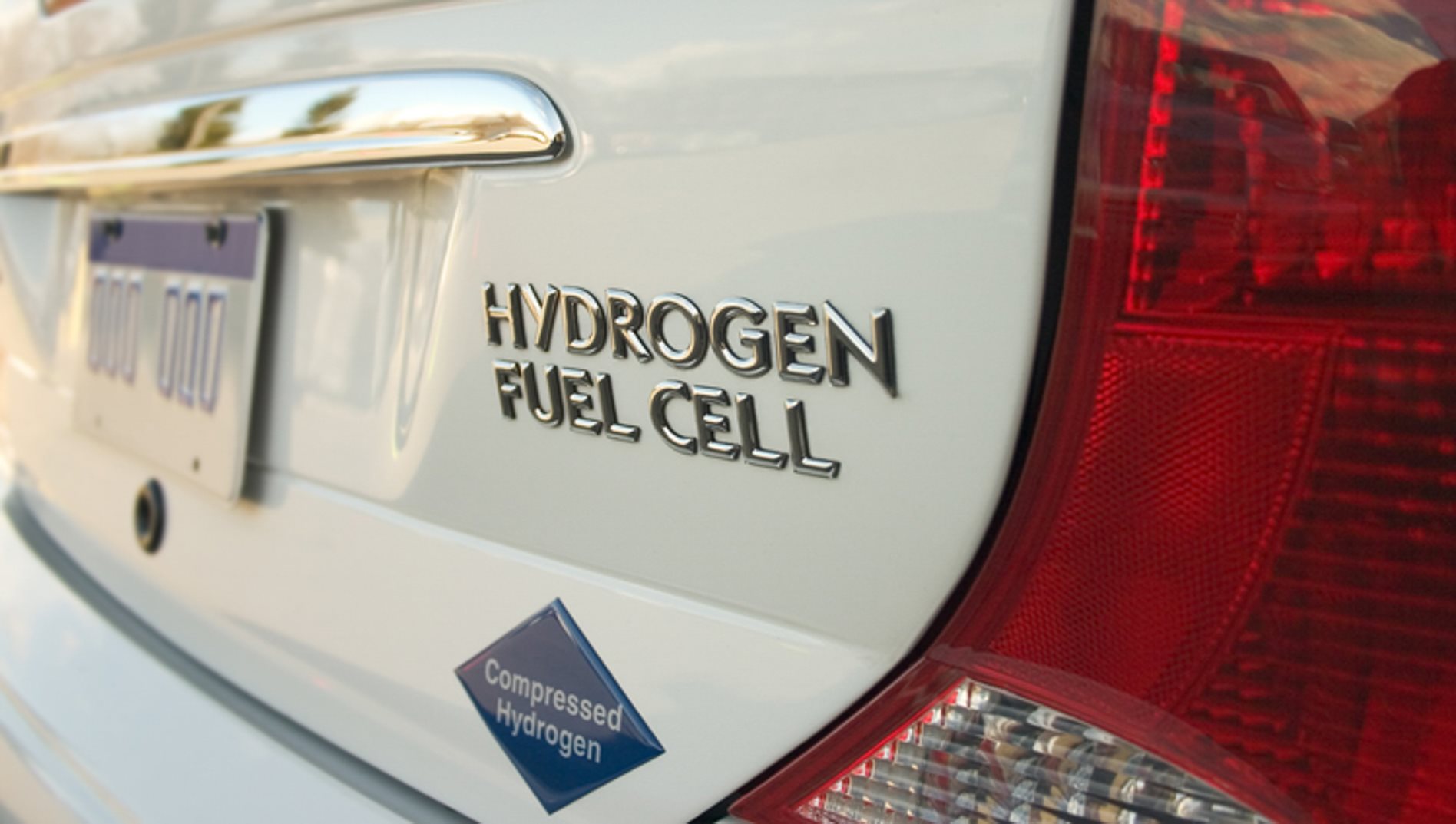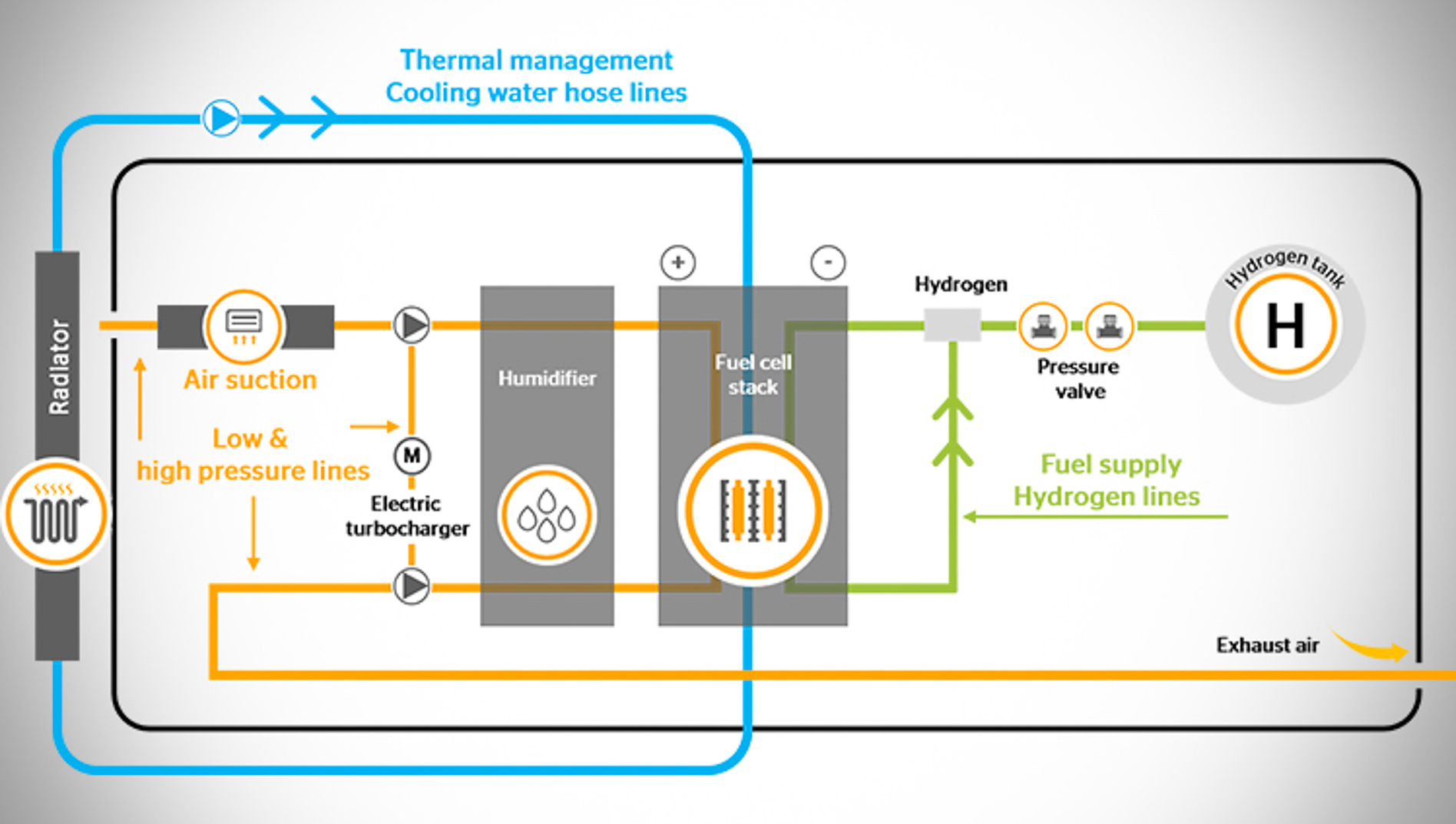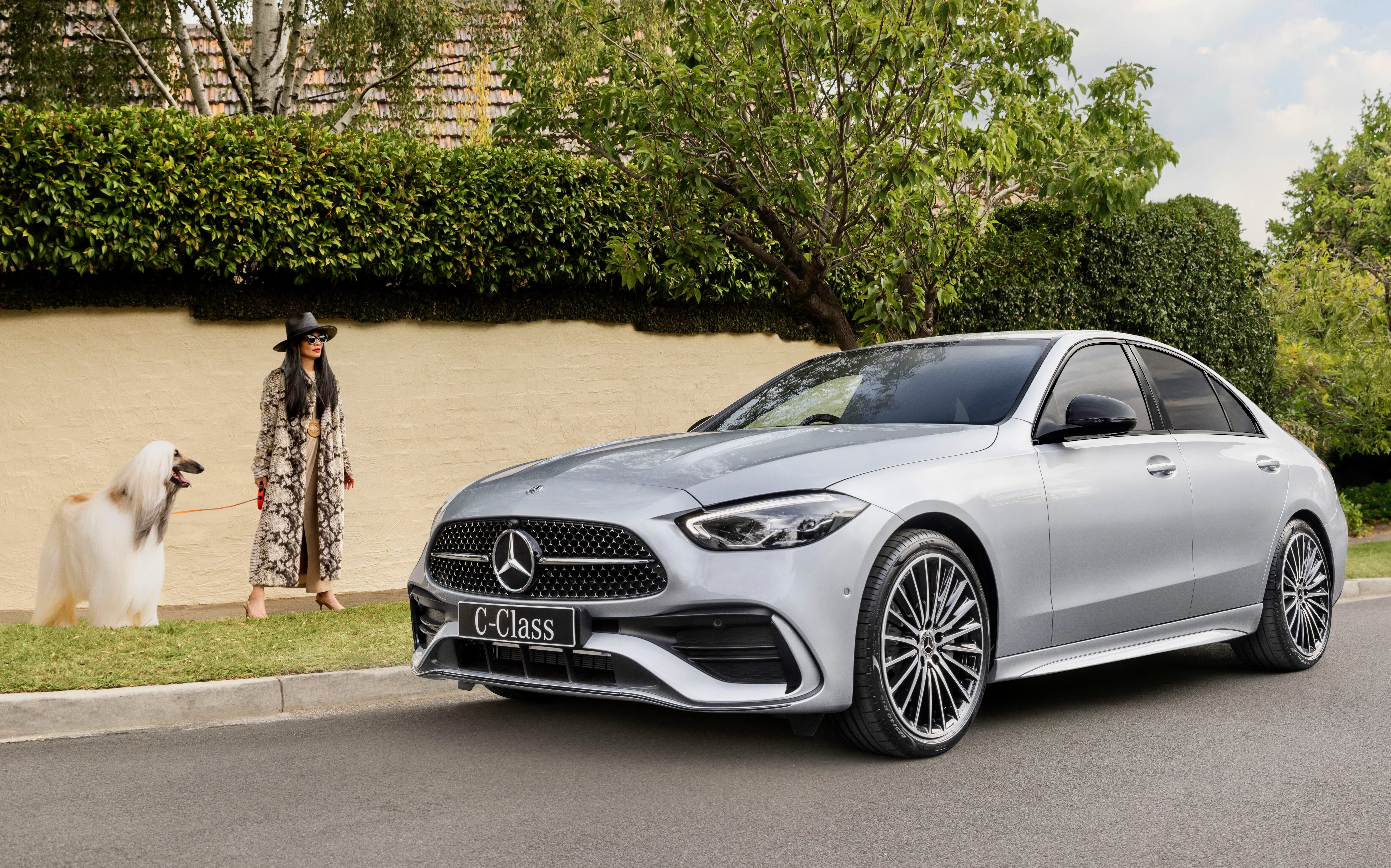
Global automotive giant Continental is pushing forward on fuel cell technology for passenger cars, despite the surge in interest for battery-powered electric vehicles.
Speaking with WhichCar at its giant proving ground in Uvalde, Texas, Continental’s senior vice president and head of research and development, Boris Mergell, said that the company is currently working on fuel cell technology, calling it an “easy solution” in relation to achieving lower carbon dioxide emission targets.

He explained that as a tyre manufacturer, the company works to a usage triangle that encapsulates mileage/dry handling, rolling resistance and wet driving performance.
“That’s the target conflict, and if you focus very much on rolling resistance, then at some point you compromise with mileage,” he said. “And you have to set your internal target because otherwise you are pulled into the CO2 debate.”
He then added that using technology like longer range fuel cells instead of batteries removes the CO2 aspect, allowing the company to focus on improving longevity and wet weather performance.
“With battery technology, you have the [shorter] range again as a topic for rolling resistance,” he explained. “The lower the rolling resistance, the longer you can drive. For the fuel cell, this would be the same, but finally, you have a longer range, and then you are a bit more free again in playing with the target mileage.”

Just a quarter of Continental’s business is devoted to tyres, with the vast majority dedicated to vehicle electronics and accompanying technologies. Mergell confirmed that the company is working on fuel cell technology, calling it a “mature technology” in a “growing segment”.
“You can see that some of our customers like Toyota already have a model in the market [the Mirai], Honda is testing, and Hyundai have models. Mercedes is looking into it. The next step is about the infrastructure side, with gas stations, where there are enough places to refuel.
Continental’s vice president of research and development for replacement worldwide Burkhard Wies (below) is also keen on the technology. “It’s more interesting than batteries. But that’s all a personal opinion,” he said.

He also talked about a new brake-by-wire system that will roll out on new BMWs from 2020.
Continental worked with Alfa Romeo in 2015 to produce a brake-by-wire system for the Giulia that used a hugely oversized brake booster to reduce response time between the brake pedal and the caliper by two-thirds over a conventional hydraulic set-up, but the new system is more refined.
“It combines the vacuum booster into one system,” said Wies. “You can find it soon in all BMWs. It’s really a cool, clever system the [Continental] Frankfurt guys have developed.
“This system offers you the possibility to do a second fallback position, because we have no engine anymore, so no vacuum. It’s a good feature to use in every autonomous car, so you have two brake systems with one as a redundancy.”
A typical car’s brake circuit is divided into two, so if one ‘side’ fails, the other can act in its place, which is known as a redundant system.
Burkhard said that it was a big challenge for the team.
“This not done so easily,” he said. “Thirty years there was the first prototype, it never came up to market. Now it’s doable.”
Continental’s R&D facilities span 45 locations in 56 countries around the world, with more than 2000 staff working across more than 500 projects.



